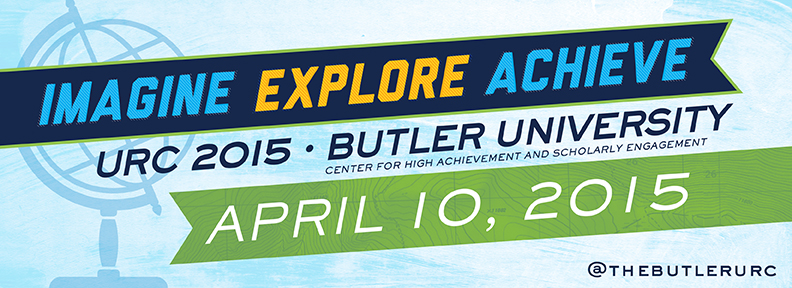
Political Science
The Islamic State and Non-Governmental Response: An Analysis
Document Type
Oral Presentation
Location
Indianapolis, IN
Start Date
10-4-2015 1:30 PM
End Date
10-4-2015 2:30 PM
Sponsor
Pierre Atlas (Marian University)
Description
The Islamic State (IS, ISIS, or ISIL) is a group of Sunni Muslim jihadists that aims to create one caliphate, or Islamic State, in Iraq and Syria, and employs brutal measures such as use of child soldiers, mass killings, beheadings, and rape as a weapon of war. The physical distance between the Islamic State-fueled atrocities and the United States lessens the sense of urgency of the situation and create a disconnect between cultures; the average American may cite this as an excuse for why he or she cannot influence the situation. To combat this sense of apathy and encourage activism, my research project 1) presents a briefing on the Islamic State that informs the reader on the topic; 2) identifies and analyzes the policies of specific nongovernmental organizations alleviating the core damage done by the Islamic State; and 3) lists concrete actions that the ordinary American citizen can take to make a change for the better. Describing the situation in an understandable manner with detail of the offenses committed by ISIS that underscore the gravity of the situation, and researching and identifying specific, legitimate, and effective NGOs that are taking action to alleviate the suffering caused by the ISIS leaves little room for excuses as to why the average person cannot step up, speak out, and make a difference in the fight against the Islamic State.
The Islamic State and Non-Governmental Response: An Analysis
Indianapolis, IN
The Islamic State (IS, ISIS, or ISIL) is a group of Sunni Muslim jihadists that aims to create one caliphate, or Islamic State, in Iraq and Syria, and employs brutal measures such as use of child soldiers, mass killings, beheadings, and rape as a weapon of war. The physical distance between the Islamic State-fueled atrocities and the United States lessens the sense of urgency of the situation and create a disconnect between cultures; the average American may cite this as an excuse for why he or she cannot influence the situation. To combat this sense of apathy and encourage activism, my research project 1) presents a briefing on the Islamic State that informs the reader on the topic; 2) identifies and analyzes the policies of specific nongovernmental organizations alleviating the core damage done by the Islamic State; and 3) lists concrete actions that the ordinary American citizen can take to make a change for the better. Describing the situation in an understandable manner with detail of the offenses committed by ISIS that underscore the gravity of the situation, and researching and identifying specific, legitimate, and effective NGOs that are taking action to alleviate the suffering caused by the ISIS leaves little room for excuses as to why the average person cannot step up, speak out, and make a difference in the fight against the Islamic State.
